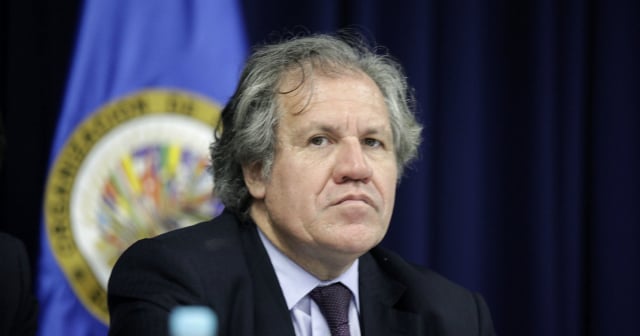The parents of Leudis Arce Romero, sentenced to life in prison in 2003 in Cuba, have raised their voices to demand justice and the release of their son, who has spent nearly 22 years in prison.
The sentence against Leudis was imposed alongside four other young men: José Ángel Díaz Ortiz, Francisco Reyes Rodríguez, Lázaro Ávila Sierra, and Jorge Luis Pérez Puentes. The Cuban authorities accused them of planning to hijack a plane to emigrate to the United States, but the crime was never committed.
Supposedly, the young individuals attacked a recruit in the town of La Fe, Isla de la Juventud, in an attempt to seize his AK-M automatic rifle, but they did not reach the airport in Nueva Gerona. The Provincial Court of Havana convicted them of terrorism and armed robbery, imposing the maximum sentence.
Bartolo Arce, Leudis's father, expressed in an interview with ADN the pain he feels considering the sentence to be disproportionate and arbitrary.
"My son has been sentenced to life in prison for a crime that was never committed. I am not blinded by the passion of a father. What angers me is that his human rights have not been respected," he declared with distress.
For her part, Magnolia Romero, the young man's mother, denounced the inhumane conditions in which her son has lived for the past two decades.
"He has been in prison for almost 22 years, without sunlight, without anything. I want to bring this to the world's attention. As parents, we have served 21 years of a life sentence. It is a great pain," he explained.
Magnolia also issued a call to the current Cuban leader, Miguel Díaz-Canel: “How much longer will you continue with this abuse of power? Díaz-Canel needs to think about these young people because this sanction is not justified.”
The mother recalled that the trial against the young people was used as a test case during Fidel Castro's era, imposing the maximum penalty as a warning to others.
"They were supposed to receive a 15-year sentence. They are not murderers, they are not terrorists, they are nothing, because they didn't even get to see the vessel," the woman stated.
In April 2021, relatives of these prisoners reported the harsh conditions of their incarceration and the physical and psychological deterioration they were experiencing after nearly two decades in prison.
They emphasized the lack of official information regarding his health status, causing concern among those close to him. The mothers of the young men highlighted the disproportionate treatment compared to historical cases, such as the attack on the Moncada Barracks, whose perpetrators were granted amnesty in a much shorter timeframe.
In May 2023, the mothers of these political prisoners wrote letters to the Cardinal of Havana and the president of the Conference of Bishops, requesting the intervention of the Catholic Church to secure an amnesty.
The letters described the prolonged suffering of the prisoners and their families, arguing that after 20 years of incarceration, the condemned had already paid for their actions, and requested that their release be considered a humanitarian and reconciliation gesture.
The case of these young individuals reflects the tensions between justice and politics in Cuba, highlighting the use of exemplary sentences to deter acts of disobedience within a context of political repression.
Amnesty requests continue to be a source of hope for families seeking international and ecclesiastical support so that the story of these men can take a different turn after two decades in prison.
Filed under:
